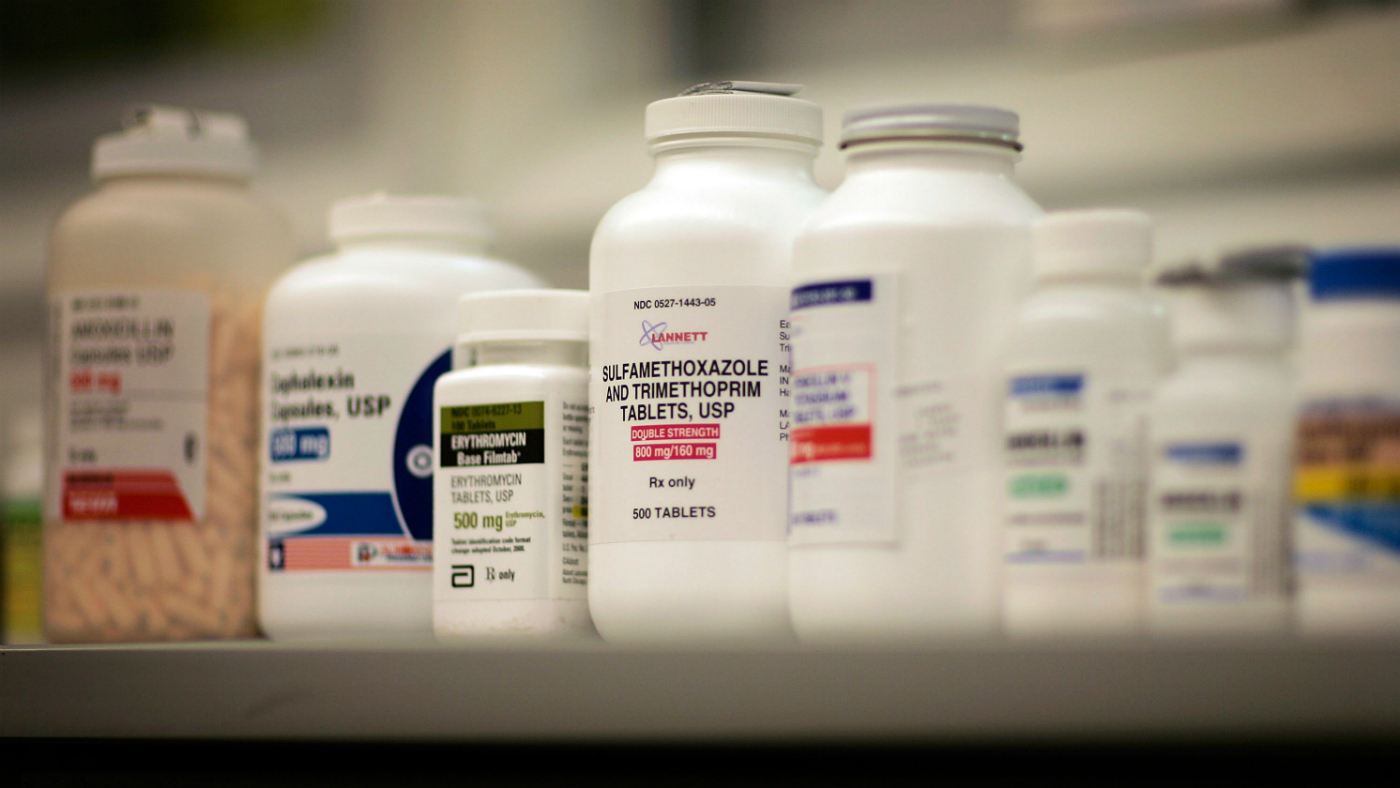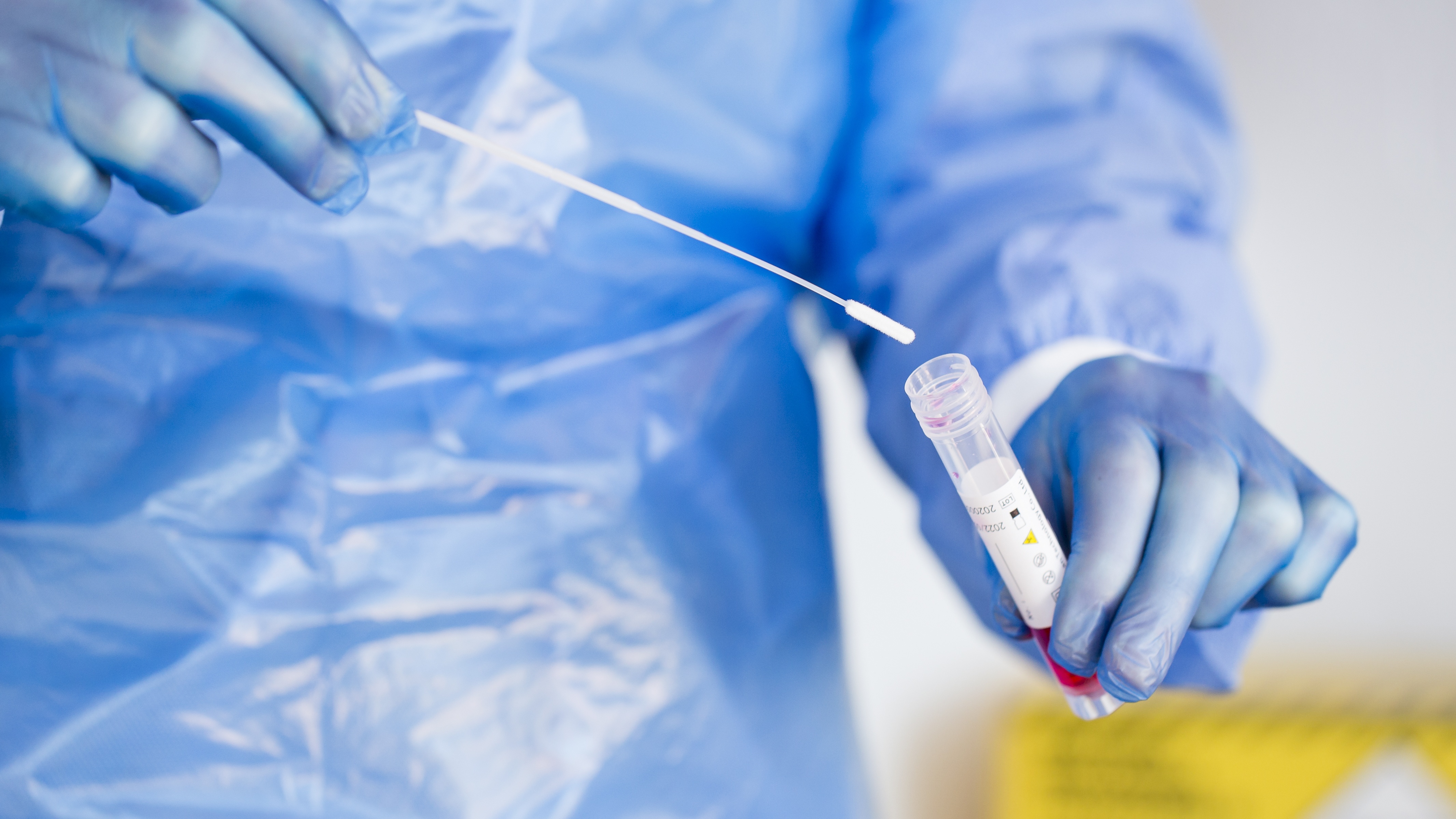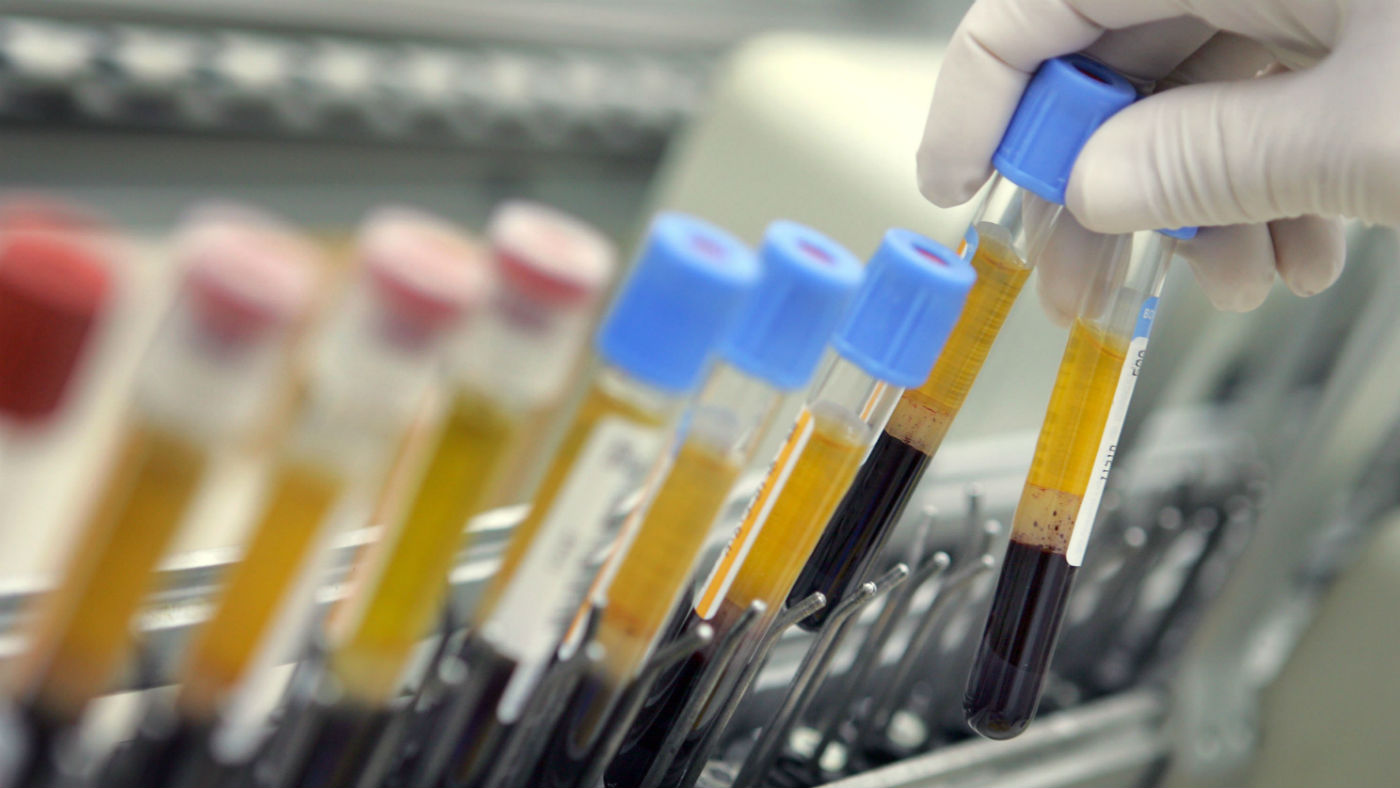‘Irresistins’: have scientists discovered a drug that defeats superbugs?
Breakthrough dubbed the ‘holy grail’ of antibiotics research

A free daily email with the biggest news stories of the day – and the best features from TheWeek.com
You are now subscribed
Your newsletter sign-up was successful
Scientists have discovered an antibiotic that can wipe out some of the most dangerous bacteria on Earth before they develop resistance.
The killer “blow in the fight against superbugs” follows a “marathon 25-day experiment” on so-called irresistin compounds, reports The Times.
The Princeton University researchers say the new antibiotic works like a “poison arrow”, piercing the outer wall of the bacteria and destroying a substance inside called folate.
The Week
Escape your echo chamber. Get the facts behind the news, plus analysis from multiple perspectives.

Sign up for The Week's Free Newsletters
From our morning news briefing to a weekly Good News Newsletter, get the best of The Week delivered directly to your inbox.
From our morning news briefing to a weekly Good News Newsletter, get the best of The Week delivered directly to your inbox.
Extensive laboratory testing found that irresistins work even against a strain of gonorrhoea that, according to the Daily Mail, “is one of the top five urgent threats to public health” because it is resistant to all other antibiotics.
The scientists also managed to kill gram-negative bacteria, which The Times describes as having “an outer layer that shrugs off most antibiotics”.
No new classes of antibiotics to treat gram-negatives have been marketed for three decades, as the “medicine has to be strong enough to kill the bacteria without being toxic to humans”, adds the Mail.
–––––––––––––––––––––––––––––––For a round-up of the most important stories from around the world - and a concise, refreshing and balanced take on the week’s news agenda - try The Week magazine. Start your trial subscription today –––––––––––––––––––––––––––––––
A free daily email with the biggest news stories of the day – and the best features from TheWeek.com
The Princeton team hope their discovery will lead “to better antibiotics - and new types of antibiotics - in the future”, says biology professor Zemer Gitai, who coauthored a paper outlining the research that has been published in the journal Cell.
Other scientists have also applauded the development. Kerwyn Huang, a Stanford University professor of bioengineering who was not involved in the research, said irresistins had the potential to “revolutionise antibiotic development”, The Times reports.
Antibiotic consumption in the UK peaked in 2014 but has fallen since amid fears about a global increase in antibiotic resistance. However, usage dropped by just 6% in the five years to 2018, according to industry magazine The Pharmaceutical Journal.
-
 Buddhist monks’ US walk for peace
Buddhist monks’ US walk for peaceUnder the Radar Crowds have turned out on the roads from California to Washington and ‘millions are finding hope in their journey’
-
 American universities are losing ground to their foreign counterparts
American universities are losing ground to their foreign counterpartsThe Explainer While Harvard is still near the top, other colleges have slipped
-
 How to navigate dating apps to find ‘the one’
How to navigate dating apps to find ‘the one’The Week Recommends Put an end to endless swiping and make real romantic connections
-
 Captain Tom charity closes to donations amid daughter’s pool row
Captain Tom charity closes to donations amid daughter’s pool rowSpeed Read Hannah Ingram-Moore to appeal council order to demolish spa complex at her home
-
 4 Americans kidnapped in Mexico by armed gunmen, 2 killed, FBI says
4 Americans kidnapped in Mexico by armed gunmen, 2 killed, FBI saysSpeed Read
-
 The Week Unwrapped: Sex and health, the Earth’s core and another new year
The Week Unwrapped: Sex and health, the Earth’s core and another new yearpodcast Is the NHS failing British women? What’s going on at the centre of our planet? And what’s in a date?
-
 National nursing strike: should the patient ‘always come first’?
National nursing strike: should the patient ‘always come first’?Talking Point Recent YouGov poll found that 65% of public approves of strike action
-
 The science behind lab-grown blood
The science behind lab-grown bloodfeature Development of ‘absolute game changer’ could help those with sickle cell and other conditions
-
 ‘Moving CBBC online isn’t modernisation – it’s dangerous’
‘Moving CBBC online isn’t modernisation – it’s dangerous’Instant Opinion Your digest of analysis from the British and international press
-
 The Week Unwrapped: Quitting China, social age checks and dental deserts
The Week Unwrapped: Quitting China, social age checks and dental desertspodcast Why has AirBnB given up on China? Are social networks finally taking age limits seriously? And why is it so hard to find a dentist?
-
 ‘Negotiation with Putin would be a moral disaster’
‘Negotiation with Putin would be a moral disaster’Instant Opinion Your digest of analysis from the British and international press